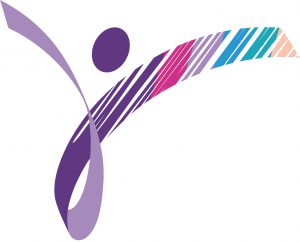
Patient Advocacy Guide
We are bringing you more detailed tool kit guides:
Factsheet 1 - Identifying your needs
Factsheet 2 - How to start a gynaecological cancer support and...
Factsheet 3 - Confirming your remit and three years plan
Factsheet 4 - Recruiting and managing volunteers
Factsheet 5 - Structure and governance
Factsheet 6 - Membership models
Factsheet 7 - Strategy for growth and impact
Factsheet 8 - Budget and sponsorship
Factsheet 9 - Marketing and Communication
Factsheet 10 - The importance of partnership
Factsheet 11 - Guide to Patient Advocacy
Factsheet 12 - Putting gynaecological cancer on national and...
Are you interested in printable versions of the factsheets? Don´t hesitate to contact us on email: engage@esgo.org





